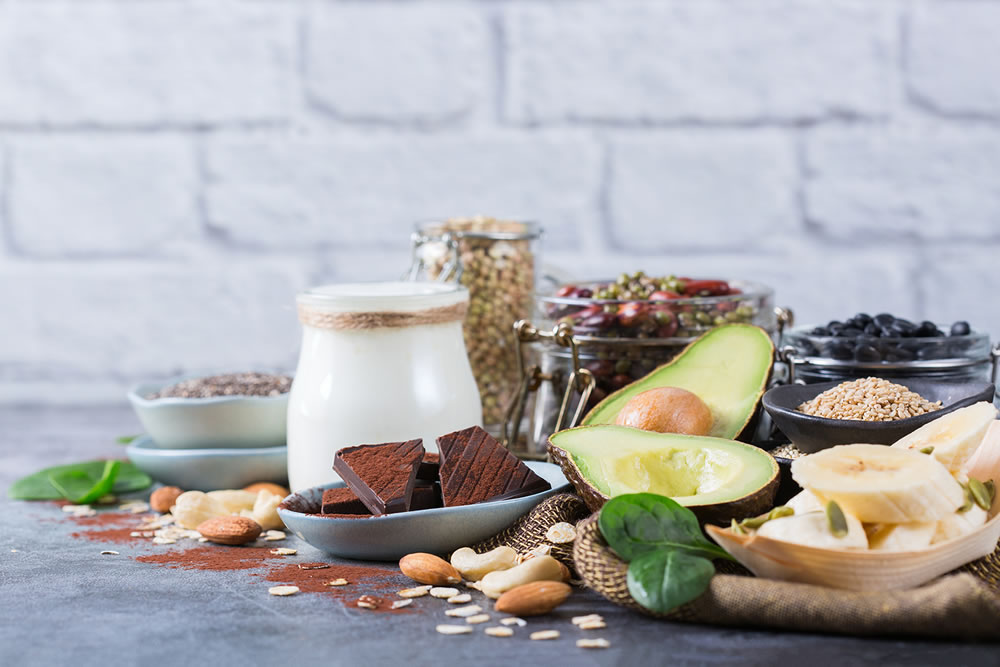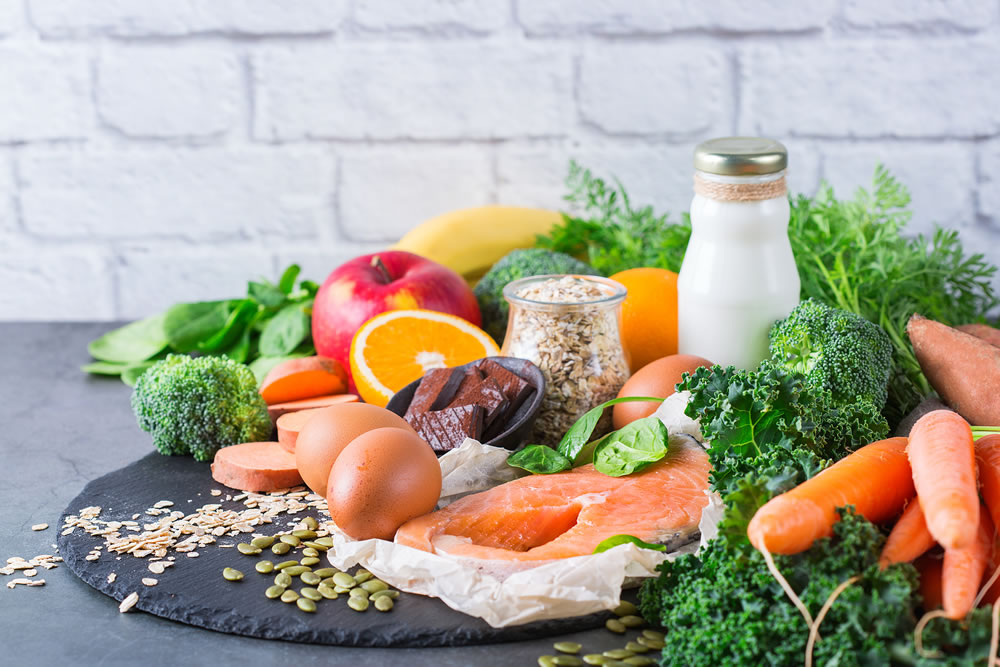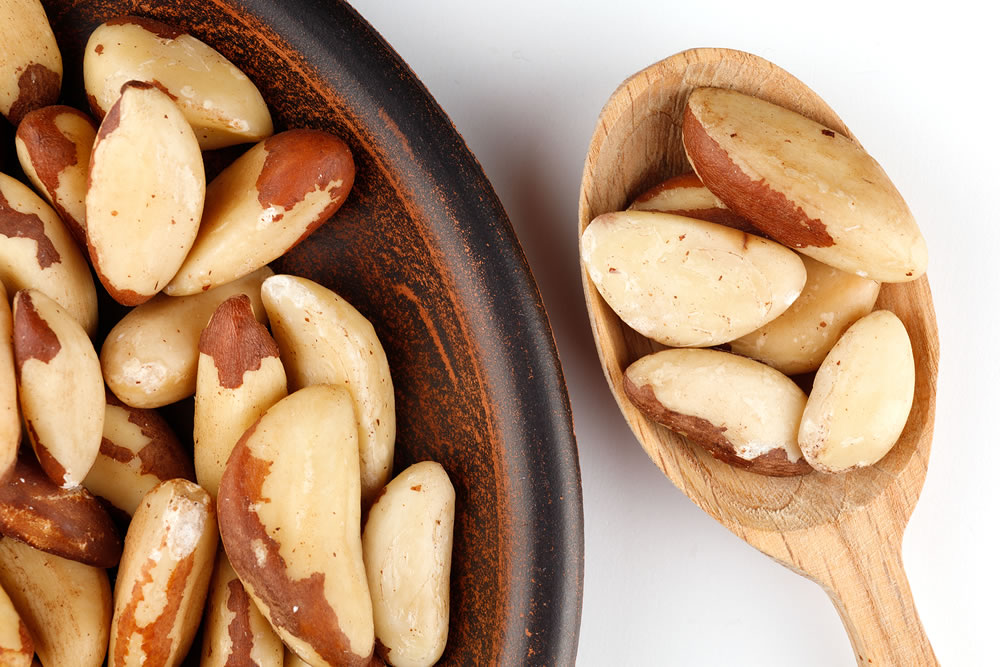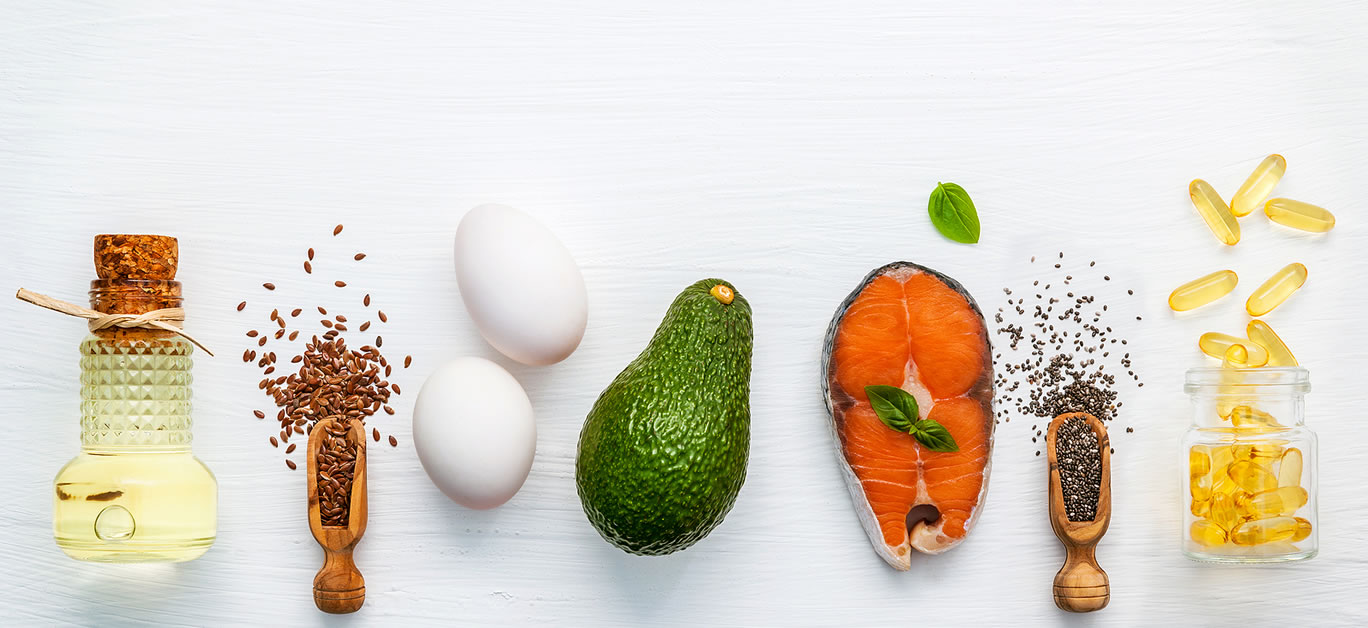A balanced diet is widely viewed as the pinnacle of good health, and incorporating a wide variety of fruits and vegetables, plenty of protein and some quality complex carbs into each meal is a great way to lay the foundations for feeling your best. Providing you with the much-needed essential nutrients required to facilitate healthy cell function and a consistent stream of energy throughout the day, eating well is also an important preventative measure to take to minimise the possibility of getting many chronic noncommunicable diseases, such as diabetes, cancer and heart disease.
Nutrient deficiencies are on the rise in 2022, and many nutritionists blame it on the inadequacy of our modern diets. Getting your five-a-day in isn’t always easy, and hitting your protein macro even less so, but if you’re putting in the effort, day in, day out, to make it happen then you’re one step ahead of the masses. Yet thanks to our increasing reliance on heavily processed grains and convenient food sources like ready meals, and the degradation of soil due to modern farming practices, even those trying their best to tick all the right boxes with their diets may still be falling short on their consumption of vital nutrients like vitamin D, selenium and magnesium, to name but a few.
Supplementation can be a great way to bridge the gap and ensure your body is getting all of the nourishment it needs, but with such a plethora of different options lining the shelves of our favourite health stores, it can be difficult to know where to start. While it’s important to continue consuming a wide variety of fresh, natural and unprocessed foods to maintain optimal health, these three nutrients can make the world of difference when added to your diet in supplement form.
Magnesium

Magnesium plays a host of crucial roles inside the body, from supporting nerve and muscle function to facilitating energy production, but although it can be found in a variety of different foods including leafy green vegetables and dark chocolate, substances such as sugar and caffeine, which are commonly consumed as part of our modern diets, can deplete levels and leave reserves low.
Also known as hypomagnesemia, magnesium deficiency is a health problem that is often overlooked, but it can cause a plethora of unwanted symptoms including muscle twitches and cramps, fatigue, arrhythmia and even mental health issues. In some cases, the diagnosis is missed because symptoms often don’t present themselves until your levels have plummeted severely – so taking a magnesium supplement such as one of the innovative offerings by MAGSUPPS is a wise move in preventing any issues before they begin.
Available in a range of different types and formulations to provide a tailored approach to your health, its high-potency products are clinically proven and backed by human trials, with a range of cleverly formulated combinations designed to maximise the benefits.
Vitamin D

During the autumn and winter months, sunlight can be scarce, and with a reduced amount of time spent outdoors, this can quickly see our vitamin D levels begin to plummet. Often referred to as the ‘sunshine vitamin’, it is so-called because safe sun exposure allows the body to make it from cholesterol – but during the colder, darker months of the year, the sun’s rays aren’t strong enough for this to occur, and this can often leave us feeling tired, run down and just about ready to hibernate.
Vitamin D is also needed to help keep bones, teeth and muscles healthy, so it’s important to ensure you’re getting enough of it, year round. It is possible to get vitamin D from dietary sources like oily fish, red meat, egg yolks and fortified foods like cereals – but soil depletion has seen the amount available to us through consumption decline over the years. It’s recommended to take a supplement year-round if you live in the UK, or at the least, 10 micrograms daily between October and March.
Selenium

Selenium is found readily in food sources like Brazil nuts, seafood and organ meats, but without careful monitoring, it can still be tricky to get enough of it from your daily diet alone. A powerful mineral that is essential for the efficient functioning of the body, it plays a critical role in metabolism and thyroid function, as well as helping to protect the body from the impact of oxidative stress.
Certain factors, like living in areas where the soil is depleted of selenium, or having a digestive disorder like Crohn’s disease, may increase your chances of having a deficiency. The current daily recommendation in the UK is 60 micrograms for women and 75 micrograms for men, so if you’re worried you’re not hitting that through diet alone then adding a supplement (and snacking on Brazil nuts) will help to get you there.






















